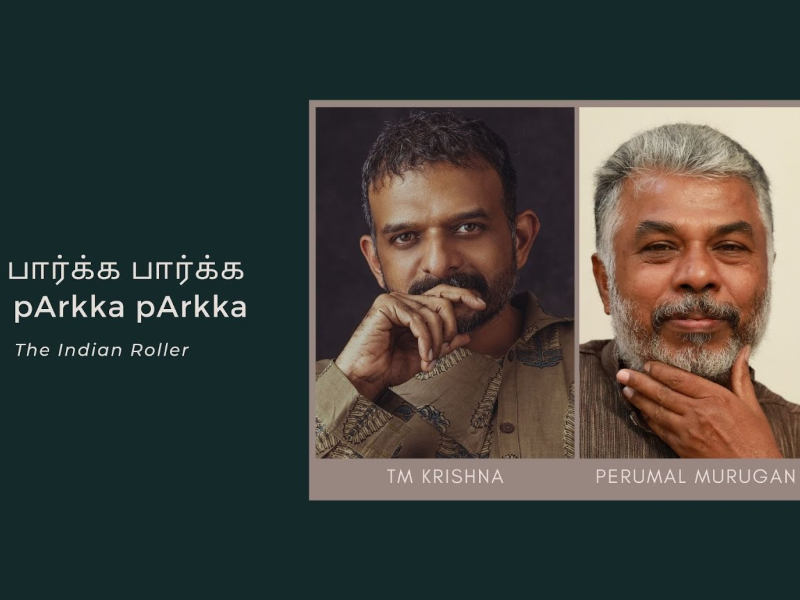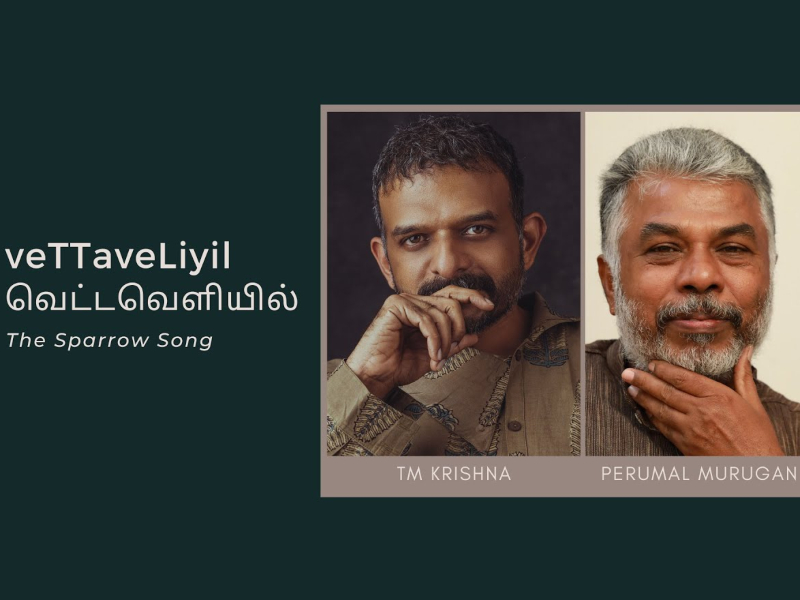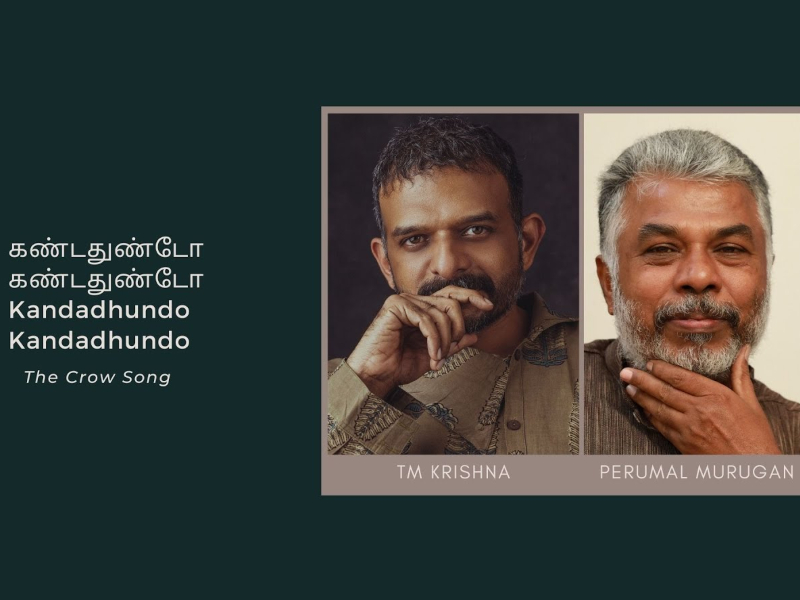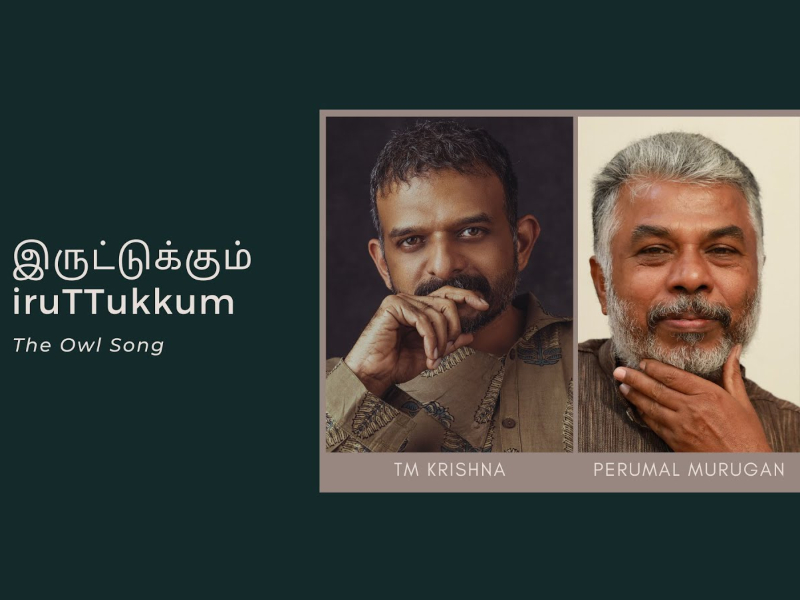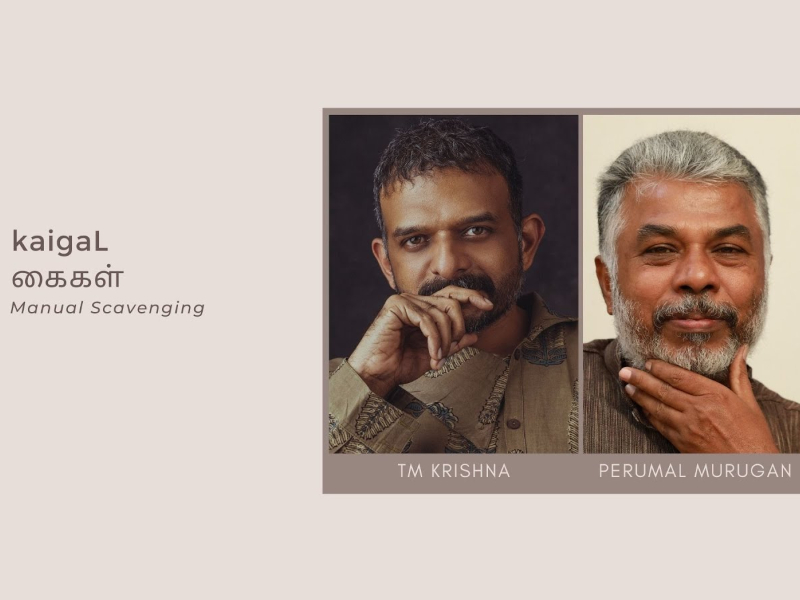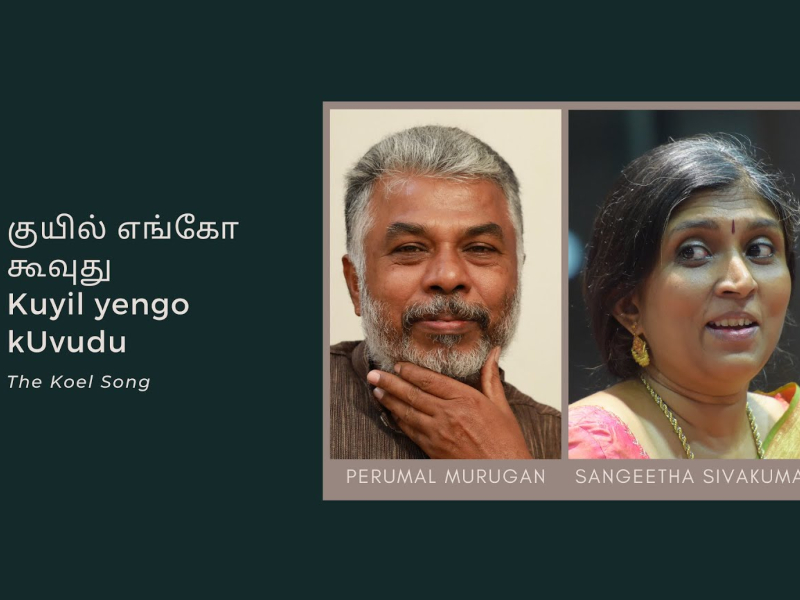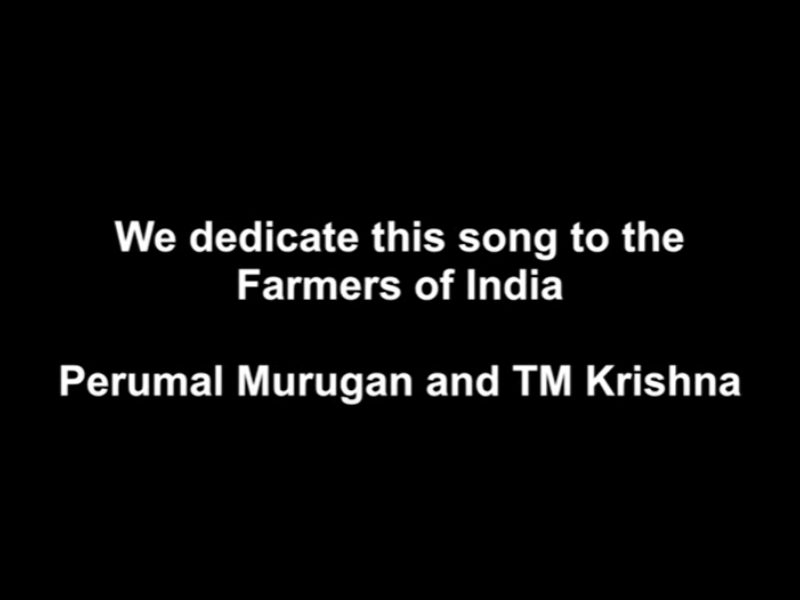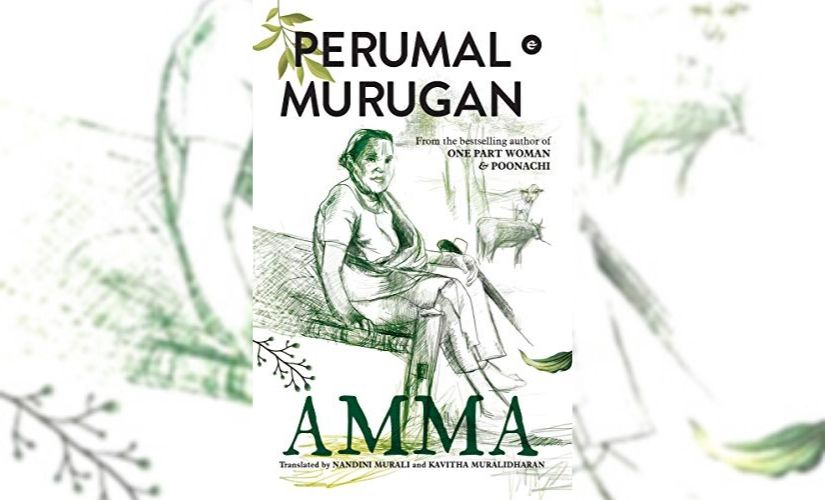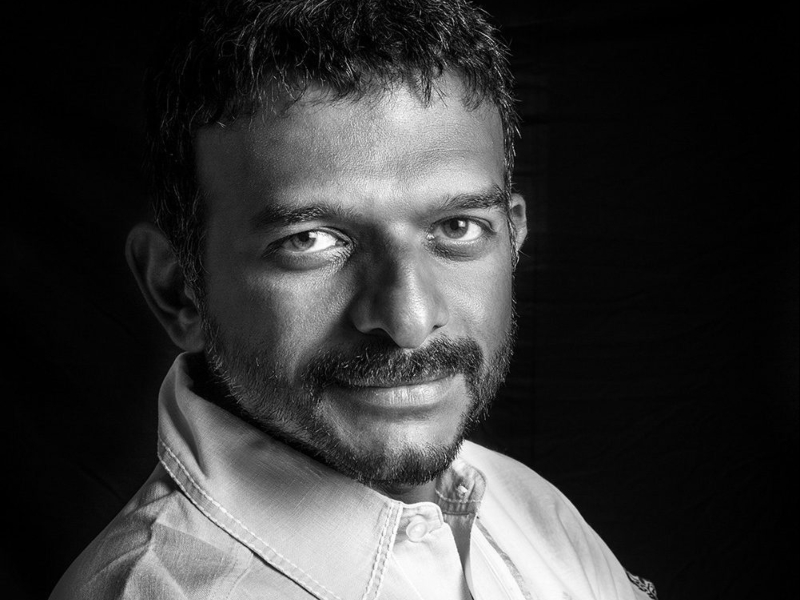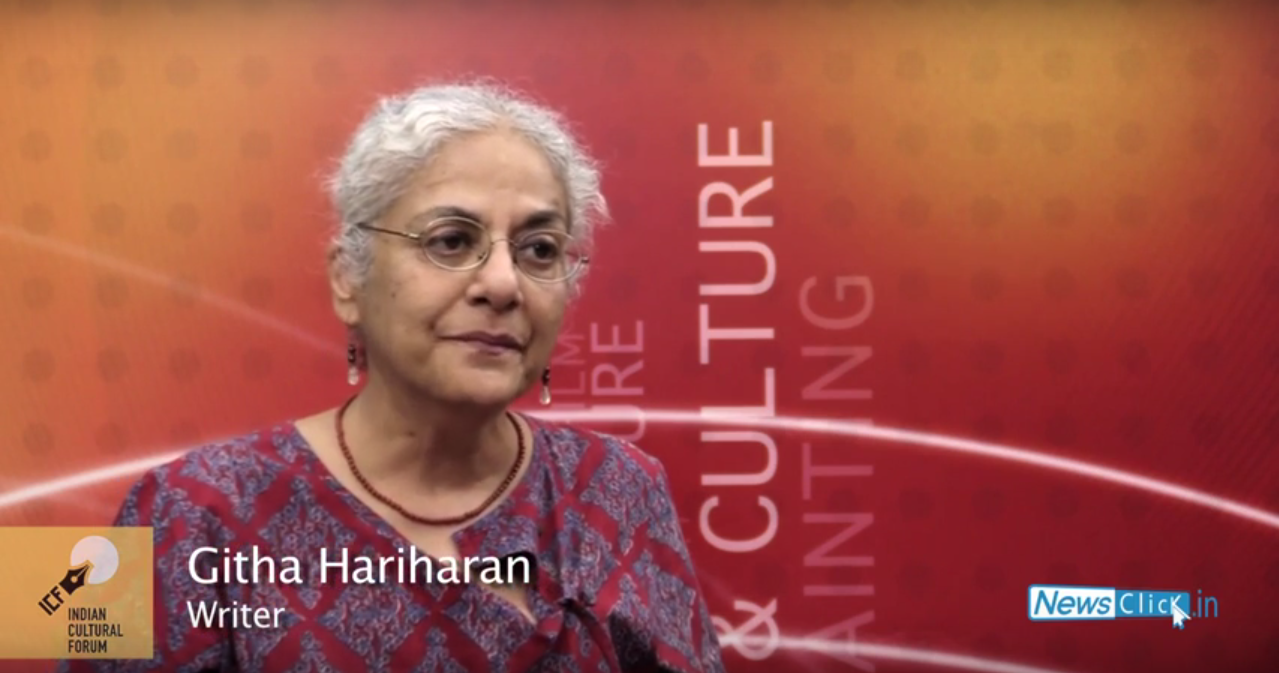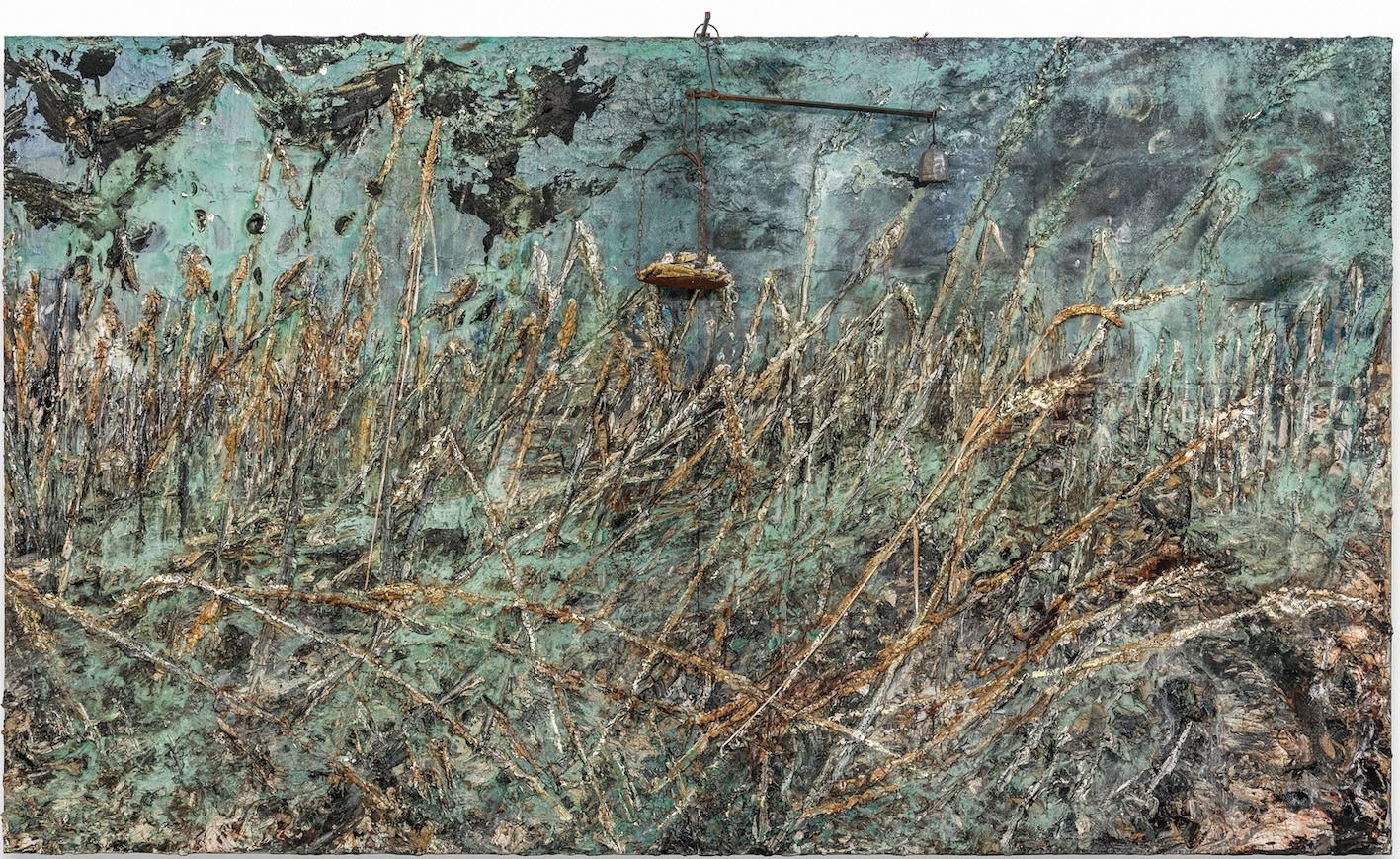When we talk about birds, we cannot but talk about sparrows. The sparrow has been used as a metaphor for freedom. In one of his songs, Bharathiyar has written “be unbound and free, as this sparrow is”. The sparrow is a bird that would nest in our houses and people often do not disturb it. They would protect and maintain it till the time, the eggs are hatched, and the sparrow flies away with its chicks. It is our belief that the nesting of a sparrow in our house foretells joyous tidings.
In this song, I have used the notion of the sparrow to express my inner self and have also attempted to maintain the stress on the second syllable throughout this song. This is my “sparrow song”.
— Perumal Murugan
Pallavi
The sparrow takes off into the space
Sails into the expansive skies
Anupallavi
Kicks offs and soars
Its silken torso in orbit
Charanam
Away from the nest, it built with care
It grazes and grazes the soft white clouds
It grazes and grazes
Cuts off all the ties and
It kisses and kisses the blue sky
It kisses and kisses
Round and round, in all directions
It traverses and traverses, with all grace
It traverses and traverses
